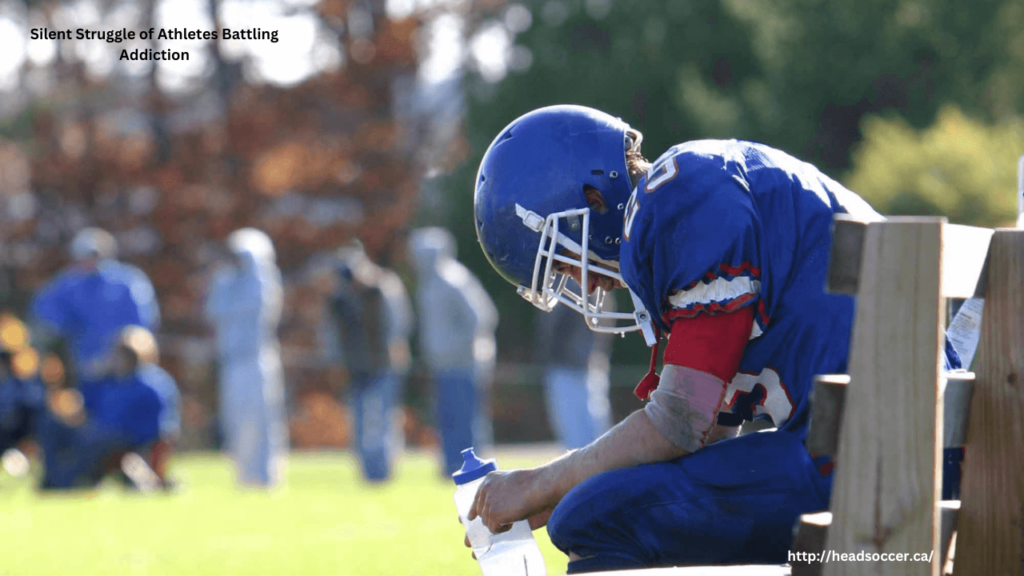
Athletes are often seen as invincible figures, admired for their discipline, resilience, and physical prowess. They are the heroes that fans look up to, dominating their respective sports and achieving extraordinary feats. However, beneath the glory and success, many athletes silently struggle with addiction. The pressures of performance, injuries, and the demands of fame create an environment where substance abuse can thrive, leading some athletes from the pinnacle of success to the depths of despair.
The Pressure to Perform
Professional athletes are under immense pressure to perform at their peak at all times. The expectations from fans, coaches, sponsors, and the media can be overwhelming. In an attempt to sustain high levels of performance, some athletes turn to stimulants, painkillers, or other substances. What may start as an occasional boost can quickly spiral into dependency.
Performance-enhancing drugs (PEDs) are also a temptation for many athletes looking to gain a competitive edge. While some substances may initially provide physical advantages, their long-term consequences can be devastating. Doping scandals have ruined careers, tarnished legacies, and left athletes battling addiction without the support they need.
The Role of Injuries and Pain Management
Injuries are an inevitable part of an athlete’s career. From minor sprains to severe fractures, injuries can sideline even the most talented players. To manage pain and return to competition quickly, many athletes are prescribed opioid painkillers. Unfortunately, these medications are highly addictive, and prolonged use can lead to dependency.
A prime example of this is the opioid crisis in sports. Many former athletes have spoken out about their struggles with painkiller addiction after initially using the drugs for injury management. When prescriptions run out, some turn to illicit drugs, such as heroin, as a substitute. The path from medical necessity to full-blown addiction is a perilous one, and many athletes find themselves unable to escape its grip.
The Mental Health Factor
Addiction is not just a physical battle; it is deeply intertwined with mental health. Depression, anxiety, and stress are common among athletes, yet discussions surrounding mental well-being in sports have long been stigmatized. Without proper mental health support, many athletes turn to substances as a coping mechanism.
Retirement can also trigger addiction struggles. For years, athletes dedicate their lives to their sport, and when it suddenly ends, they may feel lost and purposeless. The transition from the structured environment of professional athletics to everyday life can be overwhelming, leading some to self-medicate with drugs or alcohol.
The Road to Recovery
Despite the grim reality of addiction in sports, recovery is possible. Many athletes have successfully sought help through rehabilitation programs, therapy, and support groups. Increasing awareness about addiction in sports has also led to more resources being made available, emphasizing that seeking help is a sign of strength, not weakness.
Conclusion
The silent struggle of athletes battling addiction is a harsh reality that must be acknowledged and addressed. By shedding light on these issues, providing support, and breaking the stigma surrounding addiction and mental health in sports, we can help athletes reclaim their lives. From hero to rock bottom does not have to be the end of the story—recovery and redemption are possible.